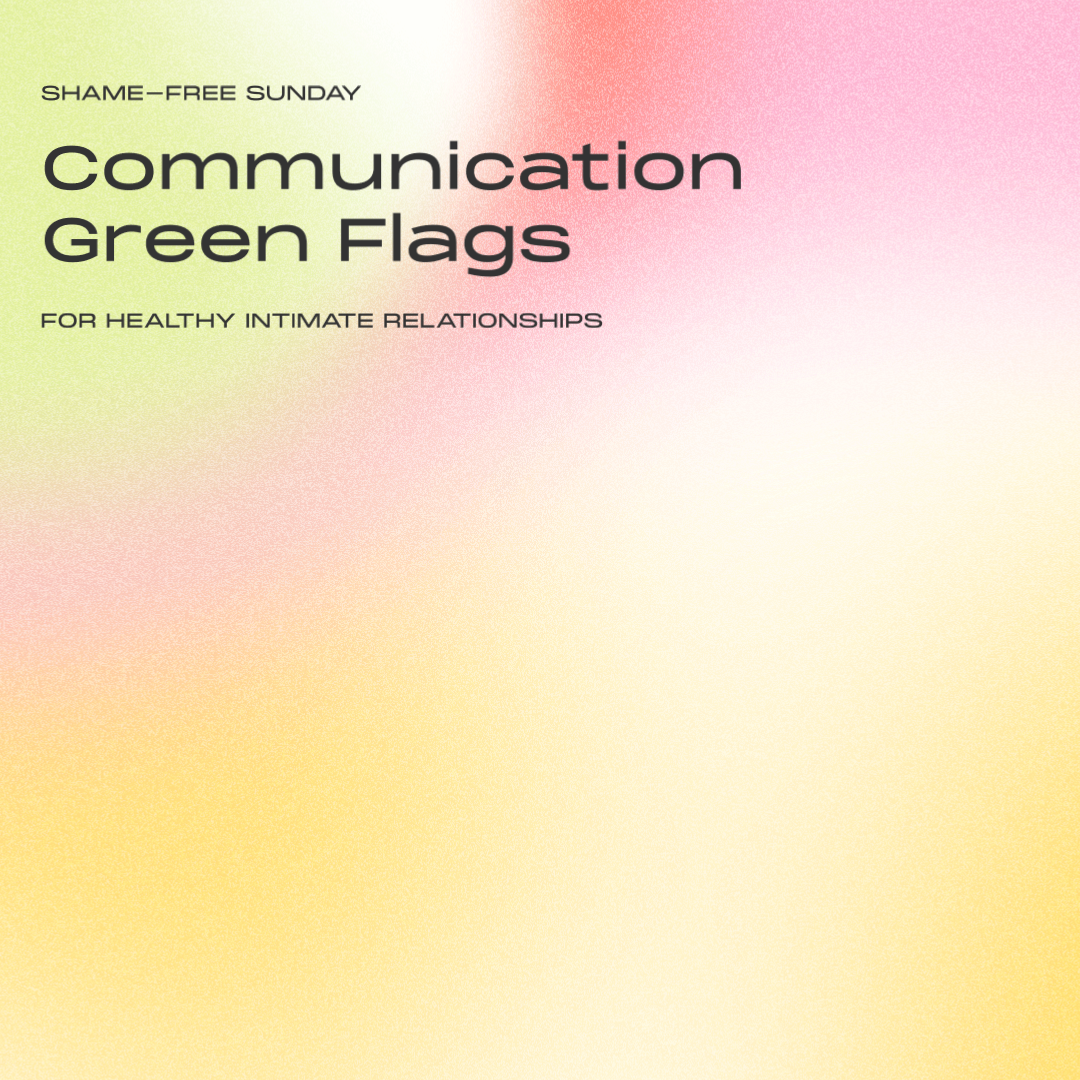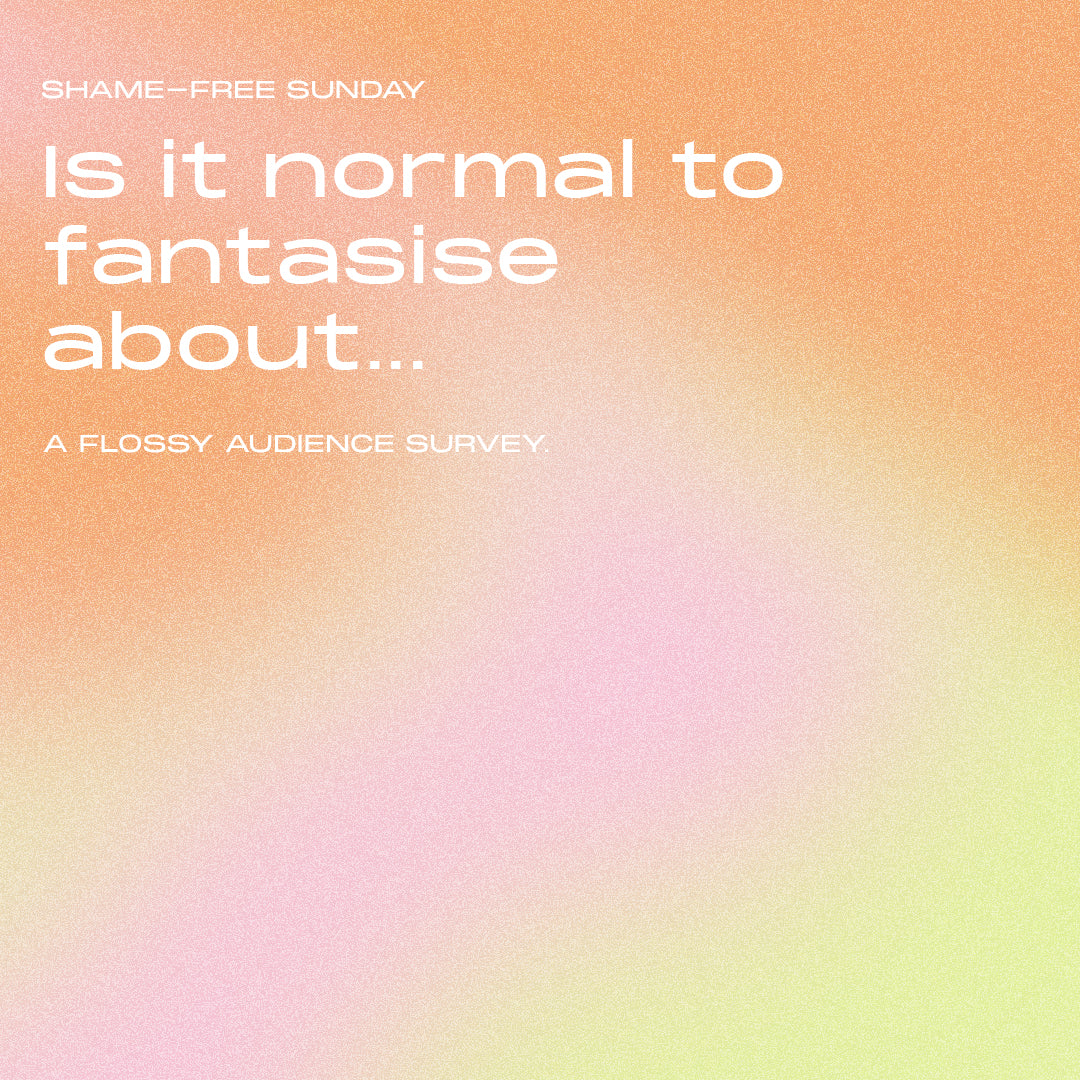Have you ever witnessed something hilarious and turned over your shoulder to laugh along with the person next to you... but then you realise you're walking by yourself and no one is actually there? Similarly, you may have experienced a moment of intense grief or pain only to realise you're sitting in your car by yourself feeling utterly alone. The fundamental desire for companionship and closeness can be boiled down to one simple idea that encapsulates experiences like these: life is too beautiful to do alone and it is too difficult to do alone.
It's not just the presence of any relationship that makes us able to fully experience all the brilliant and painful highs and lows that contribute to the depth of our lives – it's the kind of relationship that heightens our sense of aliveness. The value of which cannot be understated because as psychotherapist Esther Perel states, it is "the quality of our relationships determines the quality of our lives."

Intimacy is a prerequisite to quality relationships
While quality relationships are the key to quality lives, quality relationships require a high level of intimacy; something that requires careful and consistent tending to and is typically not something that flourishes over long periods of time without intentional self-reflection and effort. As Dr Marion Solomon and Dr Daniel J. Seigel comment in their book Healing Trauma, “The greater the intimacy with another person, the more likely that emotions, even archaic ones, will emerge, along with primitive defences. In intimate relationships, it is imperative to acknowledge one's sense of vulnerability, discover its roots, tolerate waves of emotion, and find ways to address the underlying pain.”
Thanks to the amazing work of Drs. John & Julie Gottman of The Gottman Institute, cultivating intimate relationships long-term doesn't have to be left to guesswork. We've summarised the key characteristics of communication in healthy intimate relationships.

Communication green flags for healthy intimate relationships
Expressing feelings instead of contempt
According to the Gottman Institute, contempt is the #1 biggest barrier to healthy intimate relationships is contempt. Contempt can show up as hostility, disregard, disrespect and/or feeling as though the other person is somehow beneath you or not worthy of consideration. To mitigate contempt, lean into recognising and expressing your own feelings. It can help to explore past experiences that are leading them to things like anger or hostility towards a partner.
What this can look like...
Contempt: “I can’t believe you are late. You disgust me."
Expression of feelings: “When you are late, I feel disrespected.”
Ability to clearly verbalise feelings
Referred to as “focusing” by master clinician Eugene Gendlin, "When people are able to find the right images, phrases, metaphors, and words to fit our feelings, there is a kind of 'resolution' we feel – a physical easing of tension."
In intimate conversations, "focusing" makes conversations about feelings much more deeply because we are shedding a light even more on who we truly are.
Curiosity and open-ended questions
You can venture a guess that you can tell when people are genuinely being curious about how you are feeling or what's going on in your mind. Nowadays, this kind of attention from someone else is in high demand from the world of social media and rapidly deteriorating attention spans. So when you have the feeling of genuine curiosity from a partner, pin a green flag in it because that's the good stuff. Open-ended questions are one of the most tangible ways we express curiosity and a desire to explore one another's feelings.
Open-ended questions like the following are great indicators of curiosity:
- "How do you like to be shown, love?"
- "Tell me more about that!"
- "How did that [insert experience] make you feel?"
Empathy and validation
Empathy can be tricky because at the end of the day we can't fully experience the exact same thing that someone else is going through from their exact point of view. We can, however, show empathy by validating another person's experience or emotions. Simply expressing that someone's thoughts, feelings and needs "make sense" to you is a great way to let them know their perceptions are valid. Even if your partner has a different experience or perception of an event that occurred, having them validate your experience is a crucial piece of intimate communication.
Gentle openers and "I" statements
Instead of coming straight out of the gate and saying, "You always leave the dishes in the sink - can you NOT!?", statements like, “I noticed that there are dishes in the sink - I feel frustrated about it and wonder if we could talk about it?"
Statements such as "I noticed," "I feel," "I need," can help to diffuse situations and steer away from accusation and escalation.
Taking responsibilityEveryone hates that co-worker who will deny deny deny or get defensive at the faintest hint of accusation – intimate relationships are not different. Taking responsibility (however small it may be) when presented with a concern, validation for the concern, and taking a pause before responding... now that's something to look for!
What this can look like:
Partner A says: “Hey, I’ve noticed that when we go out with your friends, I am left alone in the corner. I feel really awkward in those moments. I need you to stay by my side a little more until I get to know them (a gentle start-up)."
Partner B non-defensively says: “You’re right. I shouldn’t walk away from you like that. I can imagine it’s uncomfortable when you don’t know everyone yet.”
Knowing how to self soothe
We all get upset – sheesh – we're human after all and the overwhelming is REAL sometimes. Partners who know how to self-soothe don't place the entire burden on the other person to somehow resolve the situation and make them feel better. Healthy intimacy begins with having a strong sense of how you process emotions and what you can do to self-soothe whether it's taking a bath, going for a walk, calling a friend... whatever makes you feel good!



